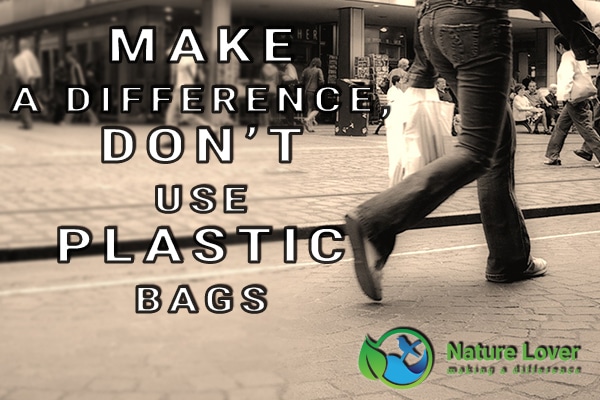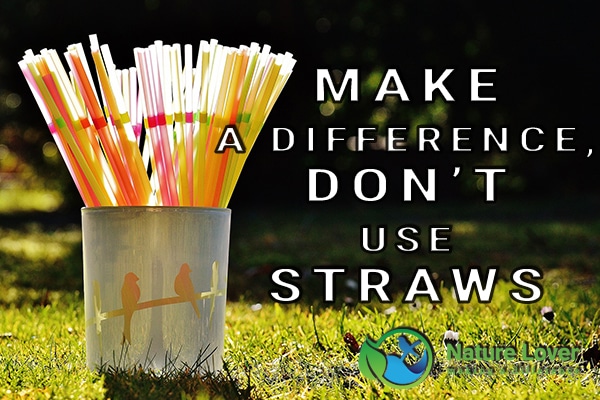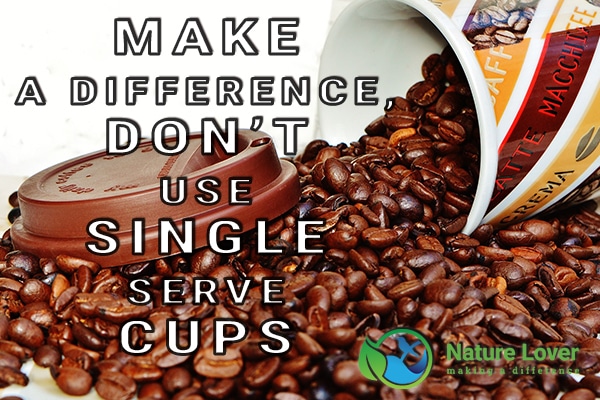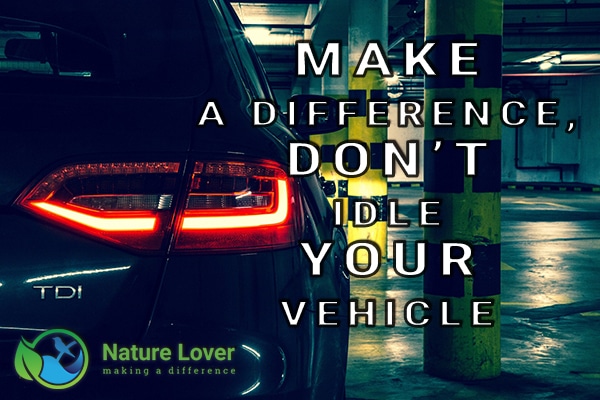One thing we can all do to help wildlife and the environment is to give up using disposable plastic bags. Plastic bags get carried off by the wind and water and they end up all over our neighbourhoods, our parks and eventually they end up in the oceans. In the oceans, marine life mistake them for food or get entangled in them.
Canadians alone use more than nine billion plastic bags a year. Plastic bags are rarely recycled because the cost to recycle them is equal to the price they could be sold for.
What can we do? Reduce Reuse Recycle
Look for products with the least amount of packaging. Consider shopping more at bulk food stores, especially ones that allow you to use your own reusable containers. Buy items in bulk and avoid individually wrapped products.
Take reusable bags to the grocery stores for produce and for transporting any purchases home. Use recycled bags, cotton or canvas bags and mesh produce bags. Keep a bag of bags in your vehicle.
Reuse bags, boxes and other packaging whenever possible. Ziplocs can be washed and reused. Cardboard boxes can be used for storage, and organization. Glass containers can be used for leftovers and storage.
How many plastic bags can you say no to this year?
Challenge your friends and family to make a difference.
Sources:
48 Eco Friendly Products You Can Buy Today to Stop Plastic Pollution. (n.d.). Retrieved from https://www.onyalife.com/news/eco-friendly-products/#Shopping
Are plastic bags really necessary? | Science Matters | David Suzuki Foundation. (n.d.). Retrieved from http://www.davidsuzuki.org/blogs/science-matters/2012/08/are-plastic-bags-really-necessary/
Plastic Bag Facts | Greener Footprints. (n.d.). Retrieved from http://www.greenerfootprints.com/plastic-bag-facts/










